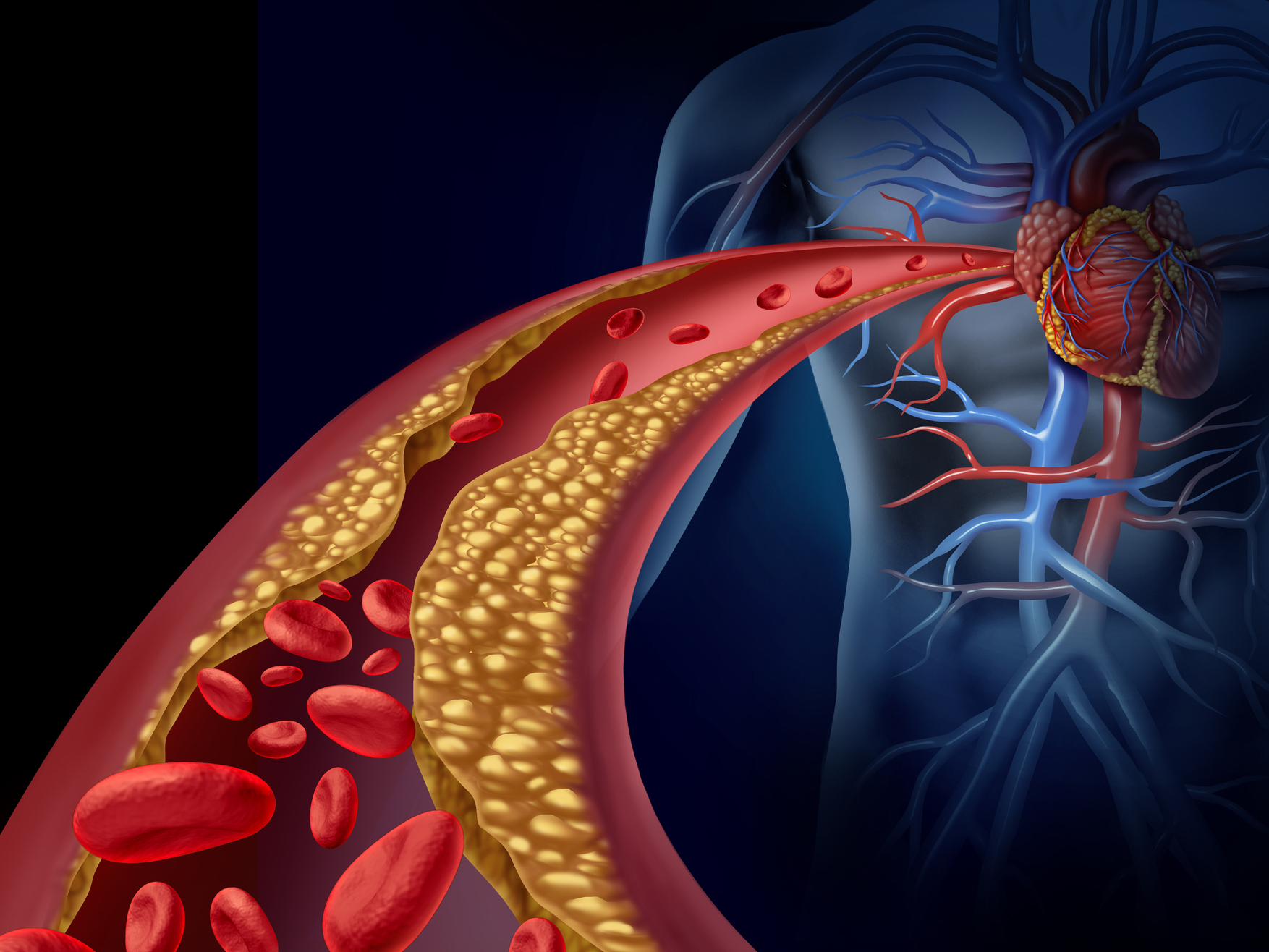Get Easy Health Digest™ in your inbox and don’t miss a thing when you subscribe today. Plus, get the free bonus report, Mother Nature’s Tips, Tricks and Remedies for Cholesterol, Blood Pressure & Blood Sugar as my way of saying welcome to the community!
How tick and chigger bites clog your arteries

Meat allergies are becoming more common because of two creepy, crawly causes — ticks and chiggers.
In 2017, I wrote about how ticks bites can trigger an allergic reaction to meat called a mammalian meat allergy. Now, new evidence shows chigger bites can do the same thing. Chiggers, in case you don’t know, are small red mites that cause seriously itchy bites.
In recent years, doctors at Wake Forest Baptist and the University of Virginia both had patients who developed a sudden allergy to meat after getting chigger bites.
Just like people who got tick bites, these people developed an allergy to a carbohydrate molecule in red meat and other products made from mammals called alpha-gal.
But that’s not the biggest news about bug-induced meat allergies…
Not only can these allergies make your life inconvenient by preventing you from enjoying a good burger, but they can also clog your arteries and put you at risk for heart disease.
Meat allergies mean more heart disease
New research from the University of Virginia in Charlottesville shows that people who’re allergic to meat because of a sensitivity to alpha-gal also have a higher risk of heart disease.
The study included 118 people who gave blood samples and had their heart function tested. Those who produced antibodies to alpha-gal (which indicates a mammalian meat allergy) had 30 percent more plaque in their arteries. Woah!
When plaque builds up in your arteries, it causes your arteries to become hard and narrow. That gets in the way of proper blood flow to your organs and puts you at risk for stroke and heart attack.
Even worse, the plaque found in the arteries of people with alpha-gal allergies was an unstable or high-risk plaque. That means it’s even more likely to rupture and cause a life-threatening blockage that leads to a stroke or heart attack.
Protecting yourself from critters that cause meat allergies
So, if you have a meat allergy, pay extra attention to your heart health. Exercise daily. Eat healthily. And avoid meat from mammals, of course.
Like other allergies, mammalian meat allergies can go away over time — especially if you’re not exposed to any more allergy-triggering bug bites. So, do what you can to avoid those nasty ticks and chiggers. You can start by:
- Avoiding heavily wooded areas or areas with long grass when possible
- Wearing long sleeves and pants when you do go to these areas. You may even want to tuck your pants into your socks.
- Wearing light-colored clothes so you can spot ticks easily.
- Changing your clothes and taking a shower after spending time outdoors.
- Trying an effective, natural bug repellant that deters ticks and chiggers, like one that contains peppermint oil.
It’s important to note that in most areas of the U.S. it does not get cold enough to kill ticks, even in the winter. That means these precautions should be practiced year-round.
Editor’s note: Have you heard of EDTA chelation therapy? It was developed originally to remove lead and other contaminants, including heavy metals, from the body. Its uses now run the gamut from varicose veins to circulation. Click here to discover Chelation: Natural Miracle for Protecting Your Heart and Enhancing Your Health!
Sources:
- Allergists warn that chigger bites may cause allergic reaction to red meat — MedicalXpress
- Could chiggers be contributing to the prevalence of galactose-alpha-1,3-galactose sensitization and mammalian meat allergy? — The Journal of Allergy and Clinical Immunology: In Practice
- An allergy to red meat may be tied to heart disease — MedicalXpress
- IgE to the Mammalian Oligosaccharide Galactose-α-1,3-Galactose Is Associated With Increased Atheroma Volume and Plaques With Unstable Characteristics—Brief Report — Arteriosclerosis, Thrombosis, and Vascular Biology
- Unstable or High-Risk Plaque: How Do We Approach It? — Medical Journal Armed Forces India
- Atherosclerosis — National Heart, Lung & Blood Institute
- How to treat and prevent chigger bites — Medical News Today













